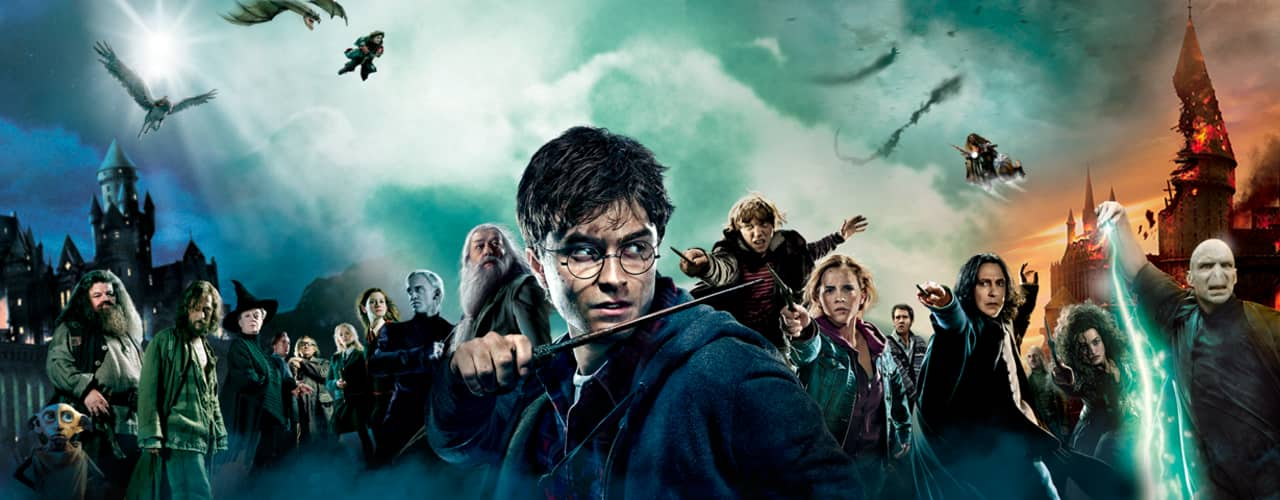1. What is the historical context of Things
Fall Apart?
Ans. Things Fall Apart, the first novel by Chinua
Achebe, written in English and published in 1958. Things Fall Apart helped
create the Nigerian literary renaissance of the 1960s.
The novel chronicles the life of Okonkwo, the
leader of an Igbo community, from the events leading up to his banishment from
the community for accidentally killing a clansman, through the seven years of
his exile, to his return, and it addresses a particular problem. of emergent
Africa — the intrusion in the 1890s of white missionaries and colonial
government into tribal Igbo society. Traditionally structured, and peppered
with Igbo proverbs, it describes the simultaneous disintegration of its
protagonist Okonkwo and of his village. The novel was praised for its
intelligent and realistic treatment of tribal beliefs and of psychological
disintegration coincident with social unraveling.
2. What is the significant of the title?
Ans. Things Fall Apart by Chinua Achebe is a
novel whose title bears the central massage of the work. The very title ‘Things
Fall Apart’ foreshadows the tragedy which takes place at the end of the novel.
The novel depicts the tragedy of an individual as well as the tragedy of a
society. The protagonist of the novel Okonkwo who was rich and respectable at
the beginning of the novel meets a tragic fate at the end of the novel. Achebe
portrays how an ambitious, well-known, and respected African Okonkwo’s life
falls apart. But when he suffers, his whole tribe also suffers. At the
beginning of the novel, the Ibo society was a peaceful, organic society, but at
the end of the novel, it falls into pieces. Thus, the novel records not only
falling apart of Okonkwo’s life but also his whole society.
3. Write a brief note on the concept of 'Chi'
in Things Fall Apart?
Ans. 'Chi' The concept of chi is discussed
at various points throughout the novel and is important to our understanding of
Okonkwo as a tragic hero. The chi is an individual’s personal god, whose merit
is determined by the individual’s good fortune or lack thereof. Along the lines
of this interpretation, one can explain Okonkwo’s tragic fate as the result of
a problematic chi—a thought that occurs to Okonkwo at several points in the
novel. For the clan believes, as the narrator tells us in Chapter 14, a “man
could not rise beyond the destiny of his chi.”
But there is another understanding of chi
that conflicts with this definition. In Chapter 4, the narrator relates,
according to an Igbo proverb, that “when a man says yes his chi says yes also.”
According to this understanding, individuals will their own destinies. Thus,
depending upon our interpretation of chi, Okonkwo seems either more or less
responsible for his own tragic death. Okonkwo himself shifts between these
poles: when things are going well for him, he perceives himself as master and
maker of his own destiny; when things go badly, however, he automatically
disavows responsibility and asks why he should be so ill-fated.
4. What do you think about the incident of
Ikemefuna? How does it help to understand the Ibo culture in more specific
ways?
Ans.
Ikemefuna comes to Umuofia early in the book, as settlement for a
dispute with a nearby village. Not knowing what else to do with him, Okonkwo
lets Ikemefuna live with his first wife. Ikemefuna quickly becomes a well-loved
member of the family. He serves as a role model for Okonkwo’s eldest son,
Nwoye, and over time he also earns Okonkwo’s respect. But more important than
the role he plays in Okonkwo’s family is the effect his death has on the
unfolding events of the novel.
Igbo, also called Ibo, people living chiefly
in southeastern Nigeria who speak Igbo, a language of the Benue-Congo branch of
the Niger-Congo language family. The Igbo may be grouped into the following
main cultural divisions: northern, southern, western, eastern or Cross River,
and northeastern. Before European colonization, the Igbo were not united as a
single people but lived in autonomous local communities. By the mid-20th century,
however, a sense of ethnic identity was strongly developed, and the
Igbo-dominated Eastern region of Nigeria tried to unilaterally secede from
Nigeria in 1967 as the independent nation of Biafra. By the turn of the 21st
century, the Igbo numbered some 20 million.
6. How is the difference between the
fatherland and the motherland is described in Things Fall Apart?
Ans. The narrative structure of Things Fall Apart
follows a cyclical pattern that chronicles Okonkwo’s youth in Umuofia, his
seven-year exile in Mbanta, and his eventual return home. Each of the novel’s
three parts covers one of these periods of Okonkwo’s life. The novel’s three
parts also map onto a gendered narrative structure that follows Okonkwo from
fatherland to motherland back to the fatherland. This gendered narrative
structure functions in counterpoint with Okonkwo’s ongoing obsession with his
own masculinity. Despite every attempt to gain status and become an exemplar of
traditional Igbo masculinity, Okonkwo suffers from a feeling of relentless
emasculation. Okonkwo’s struggle to achieve recognition repeatedly draws him
into conflict with his community, eventually leading both to his own downfall
and to that of Umuofia and the nine villages.
Part One of Things Fall Apart emphasizes
Okonkwo’s coming-of-age and his attempts to distance himself from the
disreputable legacy of his father, Unoka. Okonkwo’s tireless efforts and
singular drive, along with his local fame as a wrestling champion, go a long
way in securing him a place among the titled men of Umuofia. Yet Okonkwo’s zeal
frequently leads him astray, as when he executes Ikemefuna, the young boy who became
his surrogate son after being surrendered to Umuofia by another village to
settle a violent dispute. When the clan elders decide it is time for
Ikemefuna’s execution, an elder named Ogbuefi Ezeudu warns Okonkwo that he
should “not bear a hand in [Ikemefuna’s] death.”














